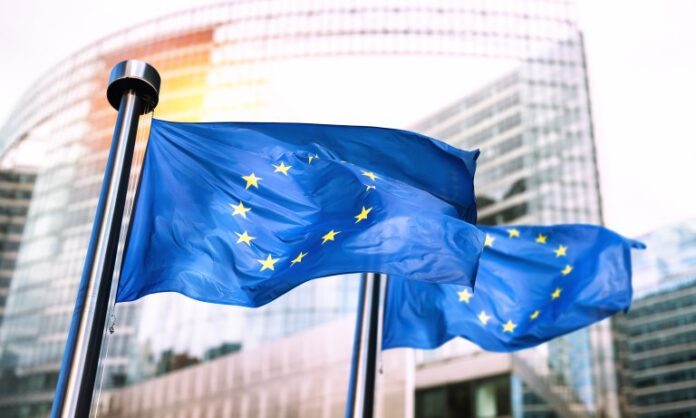BRUSSELS (Kaab tv) – A vote by ministers of the 27 EU member states today to pass a law requiring big businesses to identify and address negative human rights and environmental impacts in their operations marks one of the most significant advances of international business and human rights legislation in recent years, Amnesty International said.
The Corporate Sustainability Due Diligence Directive (CSDDD), which sets human rights standards for large companies operating in the European Union, will enter into force in coming days, compelling member states to bring the directive into their national legislation.
“This is a defining moment for human rights and corporate accountability. The EU has set a binding standard for responsible business conduct in the world’s biggest single market. Today’s immense achievement should send a message to all companies everywhere that they must respect human rights,” Hannah Storey, Amnesty International Policy Advisor on Business and Human Rights, said.
The landmark legislation will oblige large companies operating in the EU to assess the human rights and environmental risks linked to their operations and much of their supply chain, including outside Europe, and take steps to address them.
“This legislation is a step change in protecting people from abuses. It means victims of human rights harms involving, or contributed to, by companies operating in the EU or their suppliers, should have greater access to judicial redress through courts in Europe. If robustly implemented it would be a step towards, for example, preventing the use of child or forced labour and the abuse of workers involved in making products for sale in the EU.”
The legislation enjoys broad support among many European companies which say they recognize that protecting human rights is not just their responsibility, but is also good for the sustainability of their business. Studies have shown that companies which safeguard human rights are more financially stable than their competitors.
The CSDDD should inspire all countries to follow with robust business and human rights legislation. The new legislation now needs to be implemented by EU member states.
Hannah Storey said: “We urge EU member states to use the process of bringing the directive into their national laws as an opportunity to enhance areas of the CSDDD which could be strengthened, including widening the range of companies it applies to and removing problematic exemptions for the financial sector and companies producing arms and surveillance technologies.”
The Council of the EU today voted in favour of the CSDDD. Member states now have two years to bring the directive into national law. It will apply to EU-based companies with more than 1,000 employees on average and a net worldwide turnover of more than 450 million euros.
It will also apply to non-EU based companies with turnover of more than 450 euros million in the bloc. There are partial exemptions for financial institutions, arms manufacturers and companies producing other products subject to export controls, such as surveillance technology.


